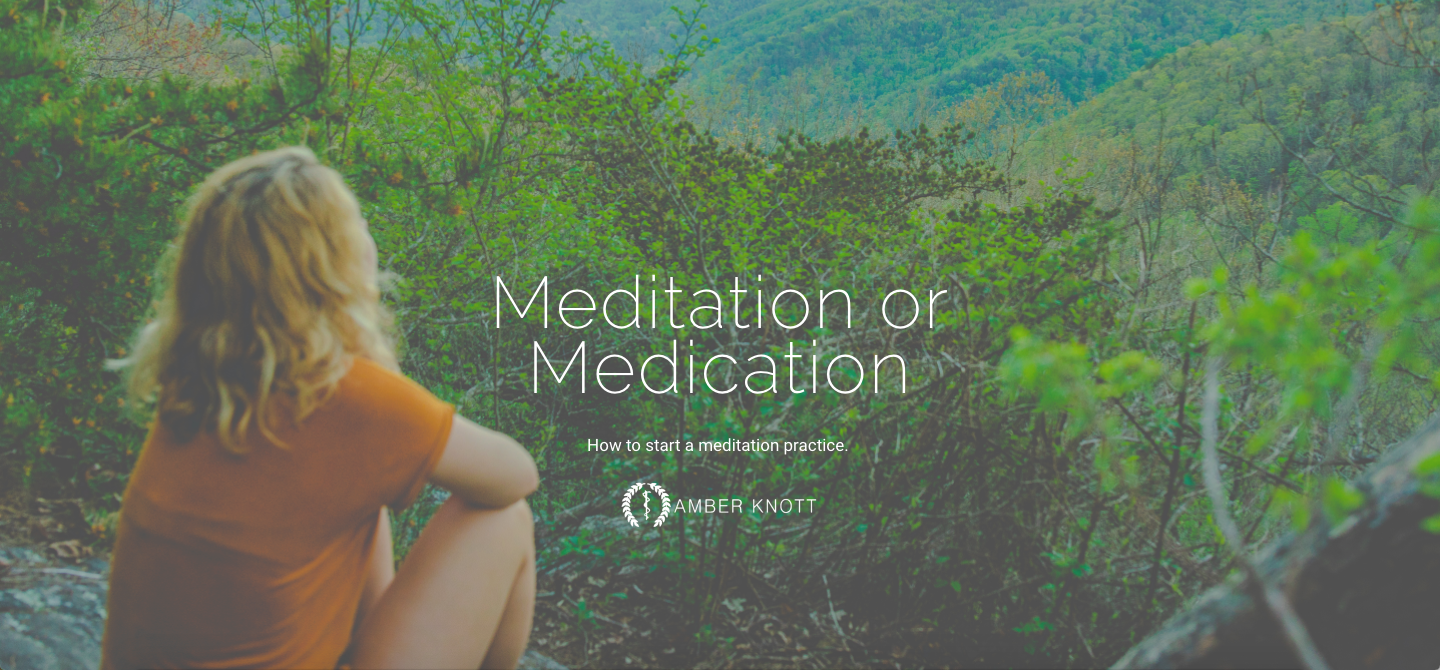What is Meditation?
There are many different types of meditation, but all are used to free the mind from racing thoughts and allows us to focus on relaxing our mental and physical state.
Meditation for Medical Conditions
Psychological stress, fatigue, depression, anxiety or any other state where the body is under stress contributes to disease processes throughout the body. Meditation is effective for treating &/or managing:
- Stress, Depression, Anxiety, SAD, ADHD, Anger Management, PTSD
- Cardiovascular Disease, Hypertension, Atherosclerosis, Diabetes
- Irritable Bowel Syndrome (IBS), Psoriasis, Insomnia
- Chronic Pain, Fibromyalgia, Rheumatoid arthritis, Chronic Fatigue,
- Drug Addiction, Smoking Cessation
- Epilepsy, Migraine Headaches, Multiple Sclerosis
- Any condition with a need to improve psychological wellbeing and/or quality of life
How Meditation Works
The human body is a sea of interconnecting pathways. The mind-body connection looks at how a person’s mental state creates physical changes throughout the rest of the body. For example, an overworked, stressed and tired mind causes the lungs to breath faster, the heart to beat fast, blood vessels constrict increasing blood pressure and the body to go into a state of over drive. All of the organs of the body are forced to work harder and faster and this can easily lead to a disease state.
Meditation allows you to leave your mind. You leave the rush and clutter of thoughts in your mind and bring yourself to a place of peace and quiet. This break in your day allows your whole body to return to baseline, your blood pressure will drop, your heart and lungs relax to bring you mental clarity.
How to Start a Meditation Practice
There are SO many different types of meditation and my best recommendation is to learn about them and give them a try. Personally, I enjoy both focused attention meditation, where I focus my attention on my breath or a mantra to quiet my mind, other times I enjoy mindfulness meditation where I allow thoughts and feelings to pass through my mind without judging or labelling the thoughts. Here are my best tips to get you started:
- Sit, stand, lay on your back, whatever position is most comfortable for you at the time, get into that position.
- Set a timer. Start small, somewhere between 1 to 5 minutes is a good start (meditation is surprisingly hard at first).
- Take notice of your breathing. Feel the air moving in and out of your lungs. It may help to deepen your breathing slightly or to count your breaths.
- Focus on the air moving in and out of your lungs for the duration of your meditation practice.
- When your mind wanders; which it will, be kind to yourself. Even people who have been meditating for years will mind wander during meditation. Your biggest goal is to not judge yourself. When you notice your mind wandering, you have already succeeded in the biggest challenge. Gently return your mind to your breath and continue where you left off.
But above all, my best possible advice, is to just start. There are no rules, no right or wrong, you just need to set goals of what you want to achieve and how you want to feel, and then start and find what works best for you to achieve them. For me, I want to finish my meditation, open my eyes, and smile as I come back to full consciousness. Some people may want to focus their meditation practice around releasing a days stress, preparing for the day ahead or imagining their blood pressure lowering.
Whatever goals you set, I hope meditation helps you to achieve them. I hope that happiness finds you and that you find fulfillment in your life. When you start a daily meditation practice, not only are you creating a foundation to protect against disease, you are transcending your mind to live your best life physically, mentally, emotionally and spiritually.
-
 Whole Food Pad ThaiApril 14, 2021/0 Comments
Whole Food Pad ThaiApril 14, 2021/0 Comments -
 Comprehensive Hormone Testing – What test is best for you?April 14, 2021/
Comprehensive Hormone Testing – What test is best for you?April 14, 2021/ -
 The Gut-Brain ConnectionMarch 7, 2021/
The Gut-Brain ConnectionMarch 7, 2021/



